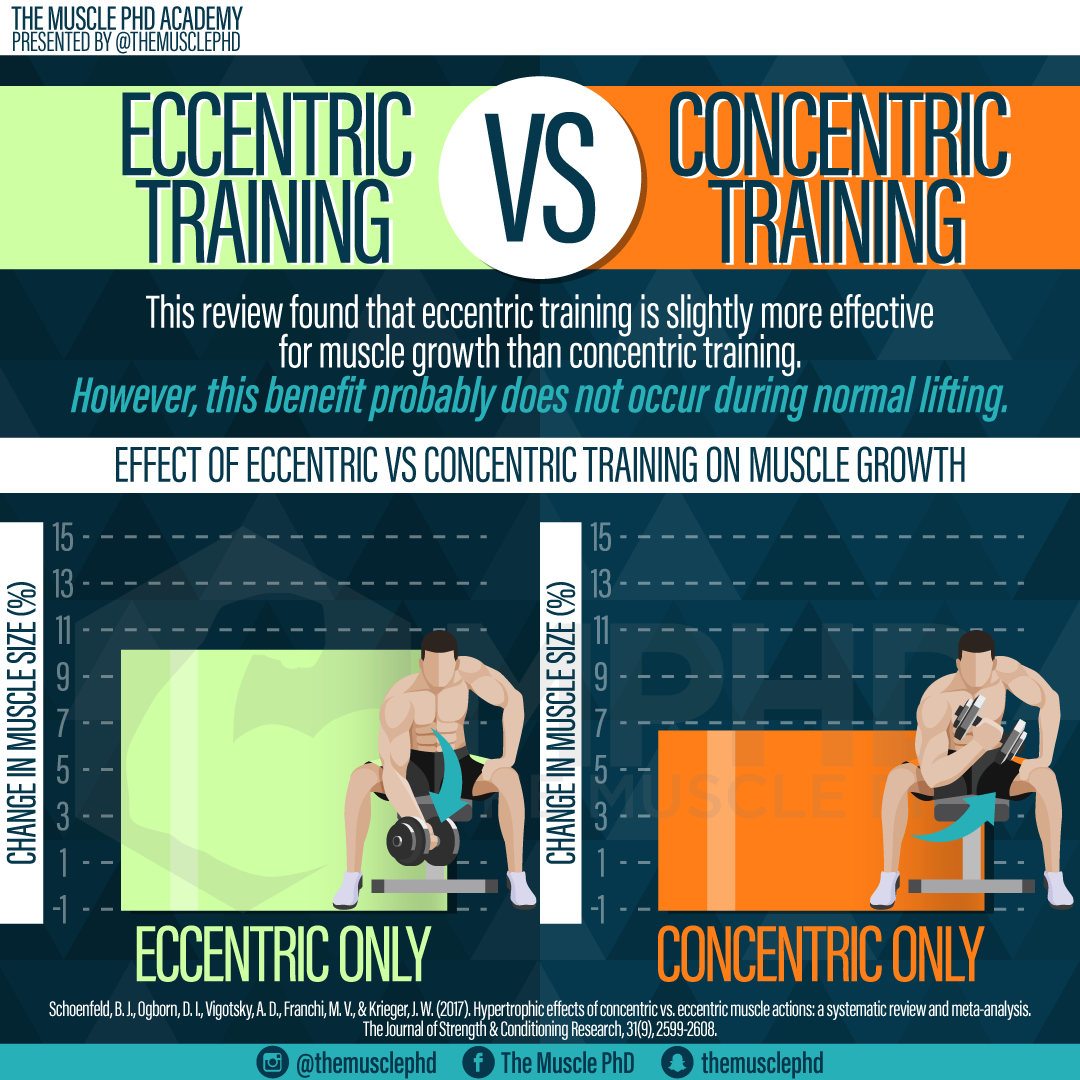
The Science of Weight Loss: What You Need to Know
In a world filled with quick fixes and fad diets, understanding the science of weight loss can be both empowering and essential for achieving long-term health goals. Weight loss occurs when the body expends more energy (calories) than it consumes, resulting in a caloric deficit. However, the underlying mechanisms are far more complex and involve a variety of physiological, psychological, and lifestyle factors. Let’s delve into the key principles of weight loss supported by science.
1. The Caloric Balance Equation
At the core of weight loss is the concept of the caloric balance equation:
Energy Intake (Calories In) – Energy Expenditure (Calories Out) = Change in Body Weight.
To lose weight, one must create a caloric deficit. This can be accomplished by either reducing caloric intake, increasing physical activity, or a combination of both.
Energy Intake
This refers to the total number of calories consumed through food and beverages. Understanding portion sizes and choosing nutrient-dense foods can aid in better control of caloric intake.
Energy Expenditure
Energy expenditure includes three primary components:
- Basal Metabolic Rate (BMR): The number of calories your body needs at rest to maintain vital functions.
- Physical Activity: Calories burned through exercise and movement.
- Thermic Effect of Food (TEF): The energy required to digest, absorb, and metabolize food.
2. Macronutrients Matter
While a caloric deficit is crucial for weight loss, the composition of that caloric intake—macronutrients—also significantly affects outcomes. Macronutrients include carbohydrates, proteins, and fats.
- Proteins: Essential for muscle repair and growth, a higher protein intake can boost metabolism and promote satiety, leading to reduced overall caloric consumption.
- Fats: Healthy fats (like avocados, nuts, and olive oil) are vital for hormonal balance and can help you feel full. However, they are calorie-dense, so moderation is key.
- Carbohydrates: While an important energy source, the type and timing of carbohydrate consumption can influence insulin levels and fat storage, impacting weight loss efforts.
Understanding how these macronutrients interact with your body is crucial for forming an optimal diet plan that can sustain weight loss.
3. The Role of Hormones
Hormones play a significant role in regulating body weight and composition. Key hormones include:
- Insulin: Controls blood sugar levels and encourages fat storage. Managing carbohydrates can help keep insulin levels stable.
- Leptin: Produced by fat cells, it signals fullness to the brain. Weight loss can decrease leptin levels, potentially leading to increased hunger.
- Ghrelin: Known as the “hunger hormone,” elevated levels can stimulate appetite. Understanding ghrelin’s function can help manage hunger cues effectively.
4. Behavioral and Psychological Factors
The psychological aspect of weight loss is often underestimated. Establishing sustainable habits is vital for long-term success, and behavioral strategies can significantly influence weight management.
- Goal Setting: Setting specific, measurable, achievable, relevant, and time-bound (SMART) goals can provide clear direction.
- Mindful Eating: Practicing mindfulness can help recognize hunger cues and prevent overeating.
- Support Systems: Engaging with a community or support network can foster accountability and provide motivation.
5. Exercise and Its Impact
While diet plays a crucial role in weight loss, the importance of exercise cannot be neglected. Regular physical activity helps:
- Increase the total number of calories burned.
- Preserve muscle mass during weight loss, which can keep BMR elevated.
- Improve mood and mental health, making it easier to stick to dietary and lifestyle changes.
A balanced routine incorporating both aerobic and strength-training can yield the best results.
6. Sustainability Over Quick Fixes
Perhaps the most critical factor in successful weight loss is sustainability. Extreme diets or rapid weight loss methods may give quick results, but they are often difficult to maintain and can lead to weight regain. Long-term weight management relies on adopting a balanced, enjoyable, and sustainable lifestyle that includes a variety of foods, regular physical activity, and positive psychological habits.
Conclusion
Weight loss is not simply a matter of willpower; it is rooted in complex biological processes and individual variability. By understanding the science behind weight loss, individuals are better equipped to make informed choices that lead to lasting results. The journey of weight loss is not just about shedding pounds but about fostering a healthier, happier lifestyle. Embrace the science, and you’ll be well on your way to achieving your weight loss goals. Remember, it’s not about perfection but progress.






